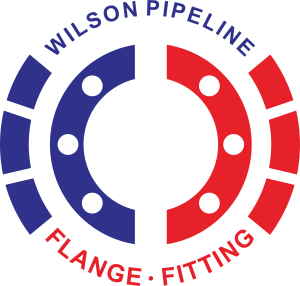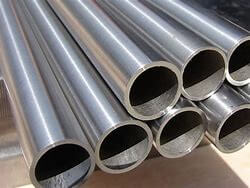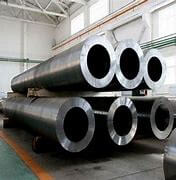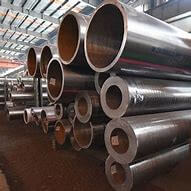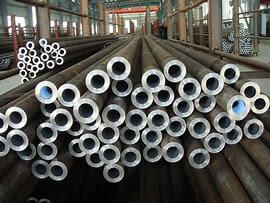NACE is an acronym that stands for the National Association of Corrosion Engineers, which is now known as NACE International. NACE International is a professional organization that is dedicated to the study and prevention of corrosion in various industries, including oil and gas, chemical processing, and marine.
In the oil and gas industry, NACE often refers to NACE MR0175/ISO 15156, which is a standard that addresses the resistance of materials to sulfide stress cracking (SSC) and hydrogen-induced cracking (HIC) in sour service environments. Sour service refers to environments where the steel pipe comes into contact with hydrogen sulfide (H2S) gas or other sour gases, which can cause corrosion and cracking of the pipe.
NACE MR0175/ISO 15156 specifies the requirements for the selection and use of materials for equipment used in sour service environments, including steel pipe, valves, fittings, and other components. The standard sets limits on the chemical composition of the materials, and requires specific testing and qualification procedures to ensure that the materials can withstand the corrosive effects of sour service environments.
Materials that meet the requirements of NACE MR0175/ISO 15156 are said to be “NACE compliant” or “NACE certified.” NACE compliance is often required in the oil and gas industry, especially in sour service environments, to ensure the safety and reliability of equipment and pipelines.
Overall, NACE is an important organization in the field of corrosion prevention, and its standards and guidelines play a critical role in ensuring the safety and reliability of equipment and structures in various industries.
There are several materials that meet NACE standards for use in sour service environments. Here are some of the most common materials:
1. Carbon Steel – Carbon steel is commonly used for pipelines and other equipment in the oil and gas industry. NACE MR0175/ISO 15156 specifies the maximum allowable hardness and sulfur content for carbon steel materials.
2. Stainless Steel – Stainless steel is often used in sour service applications where corrosion resistance is required. NACE MR0175/ISO 15156 specifies the allowable corrosion rates and limits on the chemical composition of stainless steel materials.
3. Inconel – Inconel is a family of high-performance alloys that are commonly used in corrosive environments, including sour service applications. NACE MR0175/ISO 15156 specifies the allowable limits on the chemical composition and mechanical properties of Inconel materials.
4. Titanium – Titanium is a lightweight and corrosion-resistant material that is often used in sour service applications, such as in offshore oil and gas installations. NACE MR0175/ISO 15156 specifies the allowable limits on the chemical composition and mechanical properties of titanium materials.
5. Duplex Stainless Steel – Duplex stainless steel is a type of stainless steel that has a higher resistance to corrosion and cracking than conventional stainless steel. NACE MR0175/ISO 15156 specifies the allowable limits on the chemical composition and mechanical properties of duplex stainless steel materials.
Overall, the selection of materials for sour service applications is critical for ensuring the safety and reliability of equipment and pipelines in the oil and gas industry. It’s important to follow the standards and guidelines set forth by NACE to ensure that the materials are suitable for the specific application and environment.
